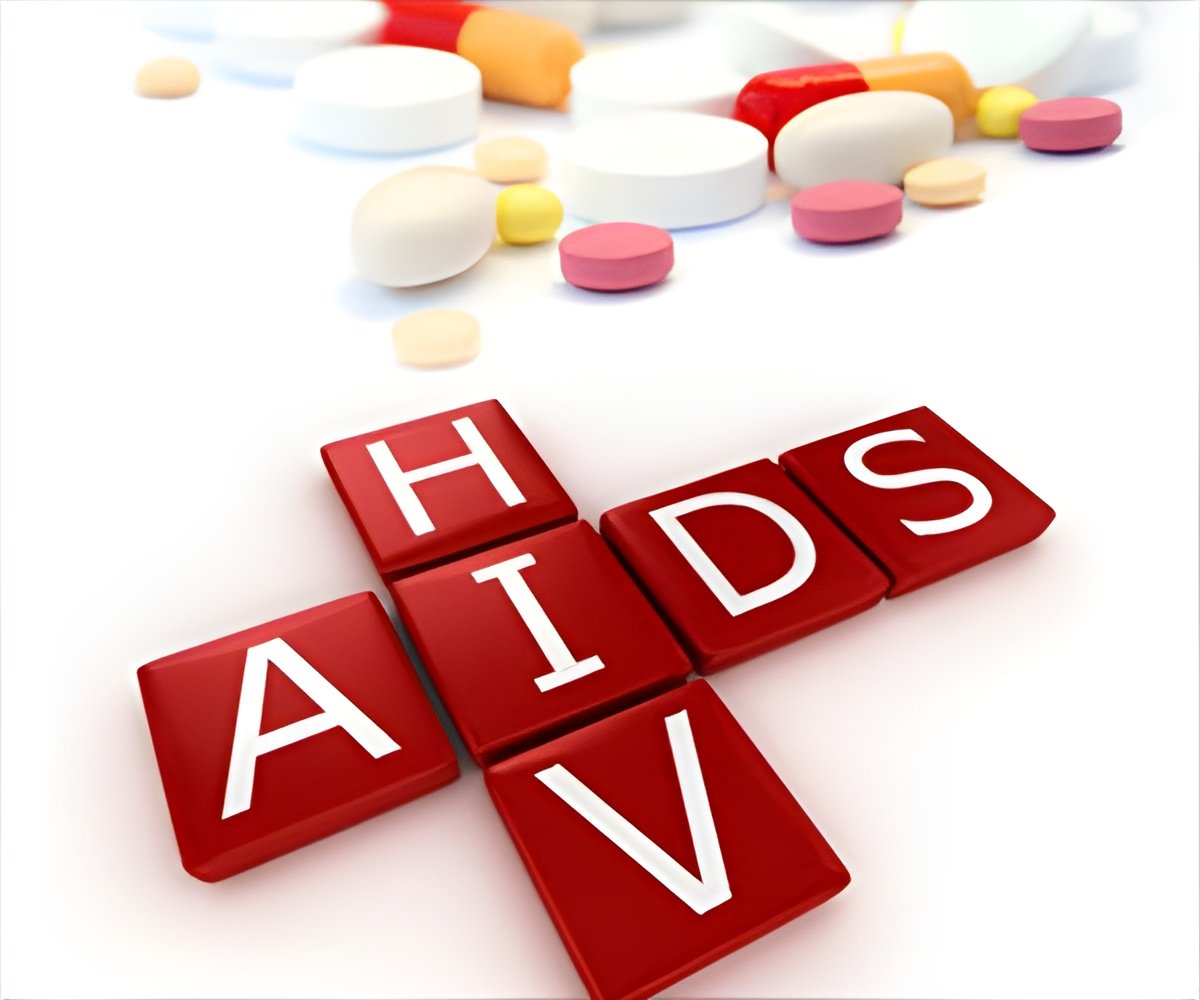A new study has found that providing antiretroviral treatment to HIV-infected individuals earlier delays AIDS-related health events.

Initial results from the HPTN 052 study, announced in 2011, demonstrated that earlier use of antiretrovirals by HIV-infected heterosexuals partnered with uninfected individuals (serodiscordant couples) reduced HIV transmission by 96 percent. In two years of follow-up analysis of 1,761 HIV-infected study participants, researchers compared those who delayed antiretroviral treatment until their CD4+ T-cell counts were an average of 230 cells/ per cubic millimeter (mm) with those who began antiretroviral treatment sooner (an average CD4 level of 440 cells/ mm). The delayed group experienced a shorter time to a primary clinical event, including AIDS-defining disease and all types of tuberculosis. In total, there were 91 primary clinical events in the delayed treatment group versus 71 in the immediate group. This included 71 cases of AIDS-defining disease in the delayed treatment group versus 49 in the immediate group, and 34 cases of tuberculosis in the delayed group versus 17 in the immediate group. The trial provides evidence that earlier antiretroviral treatment among the HIV-infected provides significant health benefits.
In a separate modeling analysis designed to predict the clinical impact, costs and cost-effectiveness of the earlier antiretroviral treatment strategy, researchers compared the delayed treatment (CD4 counts of less than 250 cells/mm) versus earlier treatment (350-550 cells/ mm) data in South Africa and India. The two countries were selected to show how regional economic differences may or may not affect the conclusions. The researchers designated earlier treatment to be "very cost effective" if its cost-effectiveness ratio was less than one times per capita gross domestic product (GDP). Earlier treatment was deemed "cost effective" if its cost-effectiveness ratio was less than three times per capita GDP. The GDP was set at $8,100 for South Africa and $1,400 for India. Using this model, they found that in both South Africa and India early ART increases patient survival, prevents costly opportunistic infections partially offsetting the costs of treatment averts HIV transmission, and is cost-effective within a five-year span and very cost-effective over a lifetime.
Source-Eurekalert













